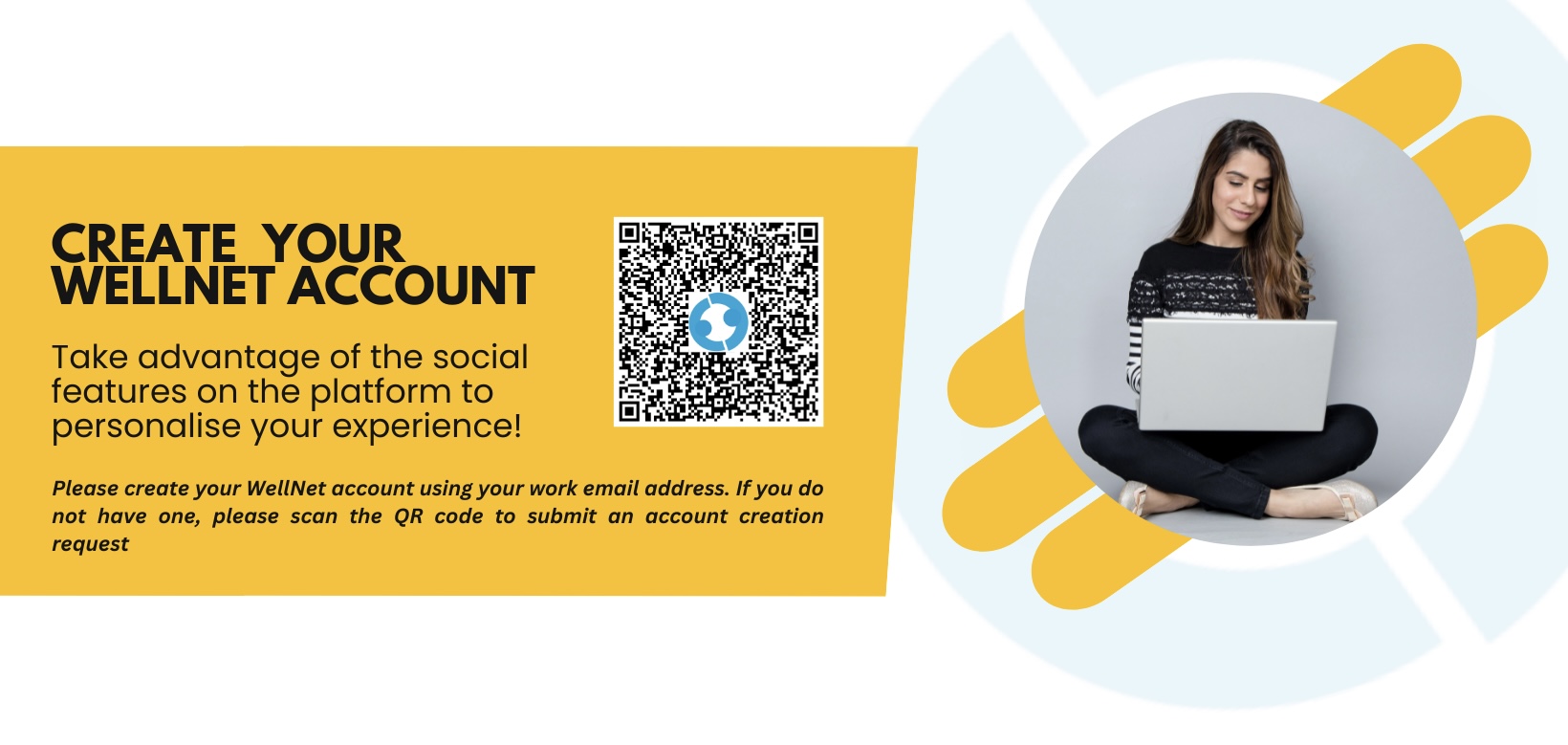Anti-depressant medication has long been regarded as a fast way to treat the symptoms of depression. Whilst this is true for some, there are still lots of things you can do to help your depressive symptoms without medication (or whilst you are waiting for a prescription). Let’s explore:
- Common signs and symptoms of depression
- Eight easy ways to help overcome depression without medication
- What and when is Time To Talk Day 2022?
Ready to give depression the boot this year? Well, let’s get to it…
What are the symptoms of depression?
The word depression is a term that refers to a cluster of common signs and symptoms in the mind and body. Things like:
- Feeling low and hopeless
- Loss of interest in daily activities
- Struggling to pay attention or stay focused
- Low self-esteem
- Feeling more hungry than usual or loss of appetite
- Sleeping more than often or insomnia
- Feeling restless or agitated
You may only have a couple of the above symptoms or a wide range of them as well as physical pain. Either way, it’s best to see a mental health professional if you think you have depression, that way they can rule out any underlying medical causes or conflicting mood disorders.
Eight easy ways to help overcome depression without medication
In many cases, taking anti-depressants can be extremely valuable. Some people find that the medication gives them enough relief to make changes and form healthy habits while addressing the root cause. The key is to take the time to discuss treatment options with your GP and never stop taking prescribed anti-depressant medication without medical supervision.
However, there are multiple reasons why someone would prefer to combat depression with natural methods before considering medication. One benefit is that you don’t need to wait for a diagnosis before commencing self-care, and you can try them while waiting for your medication appointment too. Here are some approaches you can try:
- Examine the root cause with a therapist
A common misconception about depression is that it exists in a vacuum without a cause. However, no matter how deep down or subconscious it may be, there usually is one cause (or several), so therapy and talking are essential to help figure it all out if you want to avoid the medicated route.
- Practice unconditional self-acceptance
Depression is closely connected with sufferers feeling like they are lazy or not good enough, which can compound the feelings of sadness and anxiety. Even though depression can impact your life, you must refrain from punishing yourself for feeling this way. Attempting to force yourself to get better means you are pushing to bypass your timeline of healing – which is not healthy or doable.
So, rather than dwelling, try to begin practising unconditional self-acceptance:
- Don’t take ownership of unnecessary guilt
- Ignore other’s expectations
- Stop comparing yourself to others.
Acknowledge that you feel depressed and show yourself the love and compassion that you would show a loved one if they came to you for help. Remember, your feelings are valid, not punishable.
- Meditate and practise mindfulness
The purpose of meditation is to connect with a deeper space within yourself that goes beyond thoughts and feelings. For example, imagine a deep-sea: on the surface of the sea, there are waves, boats and things happening – the spontaneous waves represent thoughts and chatter in your mind. However, below the surface, everything is deep, quiet and gently moving – this is the space in your mind that is always calm and always peaceful. It’s a place you can spend time resting without having to pay attention to noise on the surface.
Practising meditation can help you identify this tranquil state and help you learn to be mindful. Mindfulness is the non-judgmental observation of the current moment, and as you spend time in this state, you may realise that your thoughts and emotions are connected and can create negative cycles.
To achieve this, you don’t need to stop thinking, but instead, observe how your thoughts come and go like clouds and how the mindful state helps you consider them without the influence of your negative feelings.
- Create a support system
It’s common for people with depression and anxiety to feel like they are a burden, but consider it logically: if someone considered you a burden, they’re likely not someone you should choose to have around anyway.
Aim to create a circle of people that you trust and are capable of being physically and emotionally available when you need them. It could include your partner, family, friends, peers at work or a support group. Just remember that you are not a burden, and you deserve to find peace.
- Take a break
Many of us fight through depression alongside daily life due to the mistaken belief that our productivity and day-to-day responsibilities are more important than self-care, but that’s not the case. Whilst responsibilities will not spontaneously cease, you cannot force yourself to be in a mental state where you can handle them.
In times of struggle, you should instead allow yourself the time you need to heal. Taking a break and practising unconditional self-love creates an ideal environment to foster true healing. How long or why you need to take a break varies from person to person, but it generally depends on whatever is causing the conflict. For example, taking a break might include:
- Booking time off or taking sick leave from work
- Declining social events (but be careful not to foster isolation or loneliness)
- Enjoying a change of scenery somewhere beautiful and relaxing
- Going back to your family home
- Taking regular breaks throughout the day to pause, rest or sleep
Try to use the break to focus on recovery and healing instead of trying to run away from negative feelings or escape from other people. Either share it with loved ones or, if that’s too much pressure, make sure your support system is aware of what you are doing and for how long.
- Cognitive behavioural therapy (CBT)
CBT is a kind of talking therapy that helps identify thought cycles and teaches you to interrupt them to prevent the same outcome. It helps people see how their thoughts and beliefs can cause negative emotional cycles of thinking.
Many people that suffer from depression find CBT to be a very useful approach as it’s practical, tangible and can be rapidly applied to their situations. CBT is usually undertaken alongside a therapist, although becoming mindful of negative cycles in your brain, in general, is also valuable long term.
- Make plans to look forward to
Chances are, with all the big negative feelings and thoughts in your mind and body, you are completely overwhelmed, which only serves to keep your brain in a state of fight or flight.
To interrupt fight-or-flight, try visualising the future or making exciting plans. These future endeavours can also help offset the feeling that everything is doom and gloom. Make small regular plans, such as a weekly coffee trip with a close friend or booking a getaway with a loved one. Either way, spend some time getting things in the diary – but make sure they are realistic and won’t overwhelm you.
- Stop putting pressure on yourself
If there’s one thing that would unite all people suffering from depression – it’s probably the idea that they put too much pressure on themselves to recover and become a ‘functioning member of society’ again. This self-pressure can drop you further into depression as you feel unworthy or unproductive.
So, instead of making assumptions about what you should be doing or how you should be acting, simply focus on what you need. Do you require love, support, understanding or time? Communicate your needs with your support system and prioritise them instead of putting further pressure on yourself.
When is Time to Talk Day 2022?
Time to Talk day is on Thursday 3rd February 2022, and it’s run by Mind and Rethink Mental Illness to encourage conversation about mental health. There are lots of ways you can take part in the day, whether it’s hosting a coffee morning, fundraising event or simply encouraging conversation with those around you about mental health.
Hopefully, this advice and these methods can help you manage your depression without (or while you wait) for medication. Just remember that you are not alone, and help is all around you.



